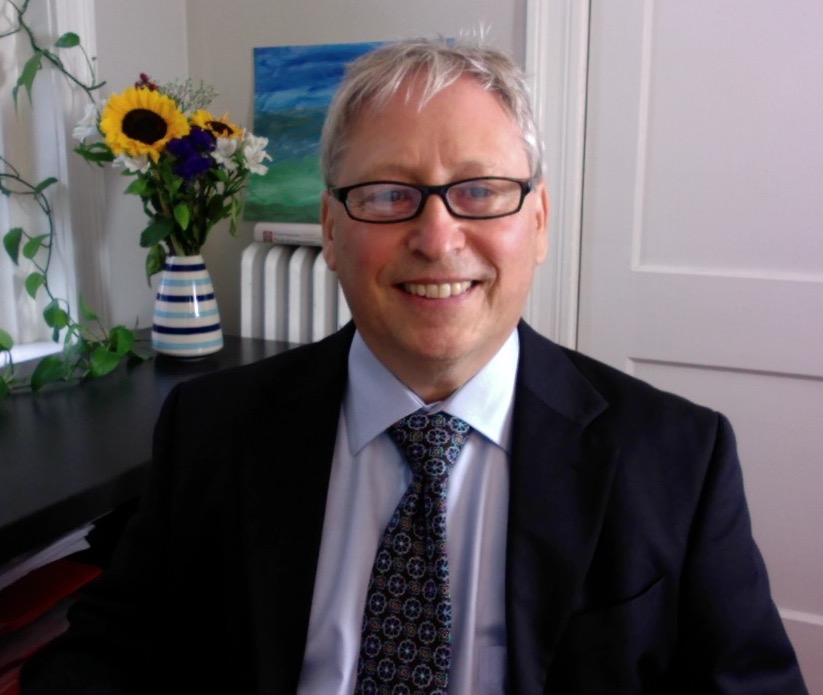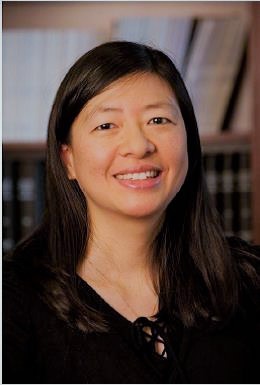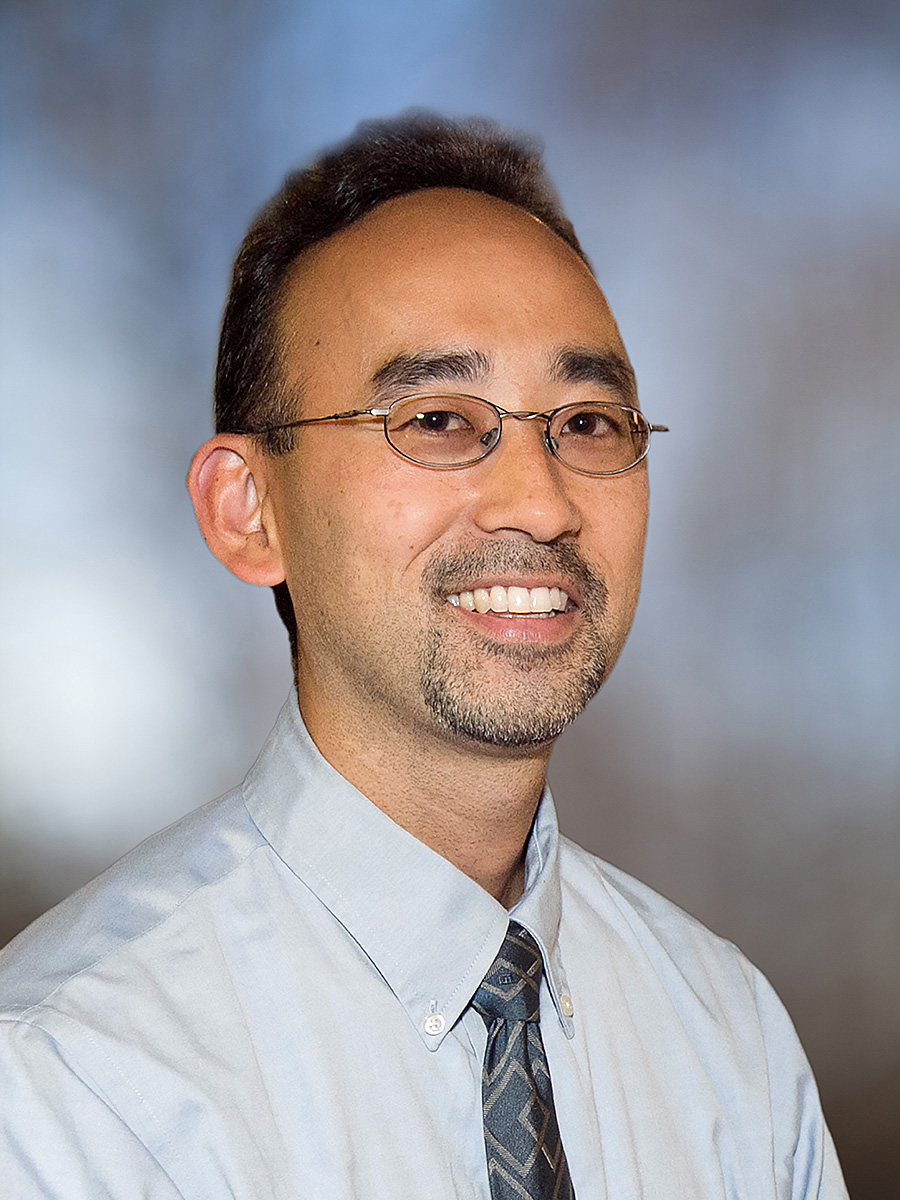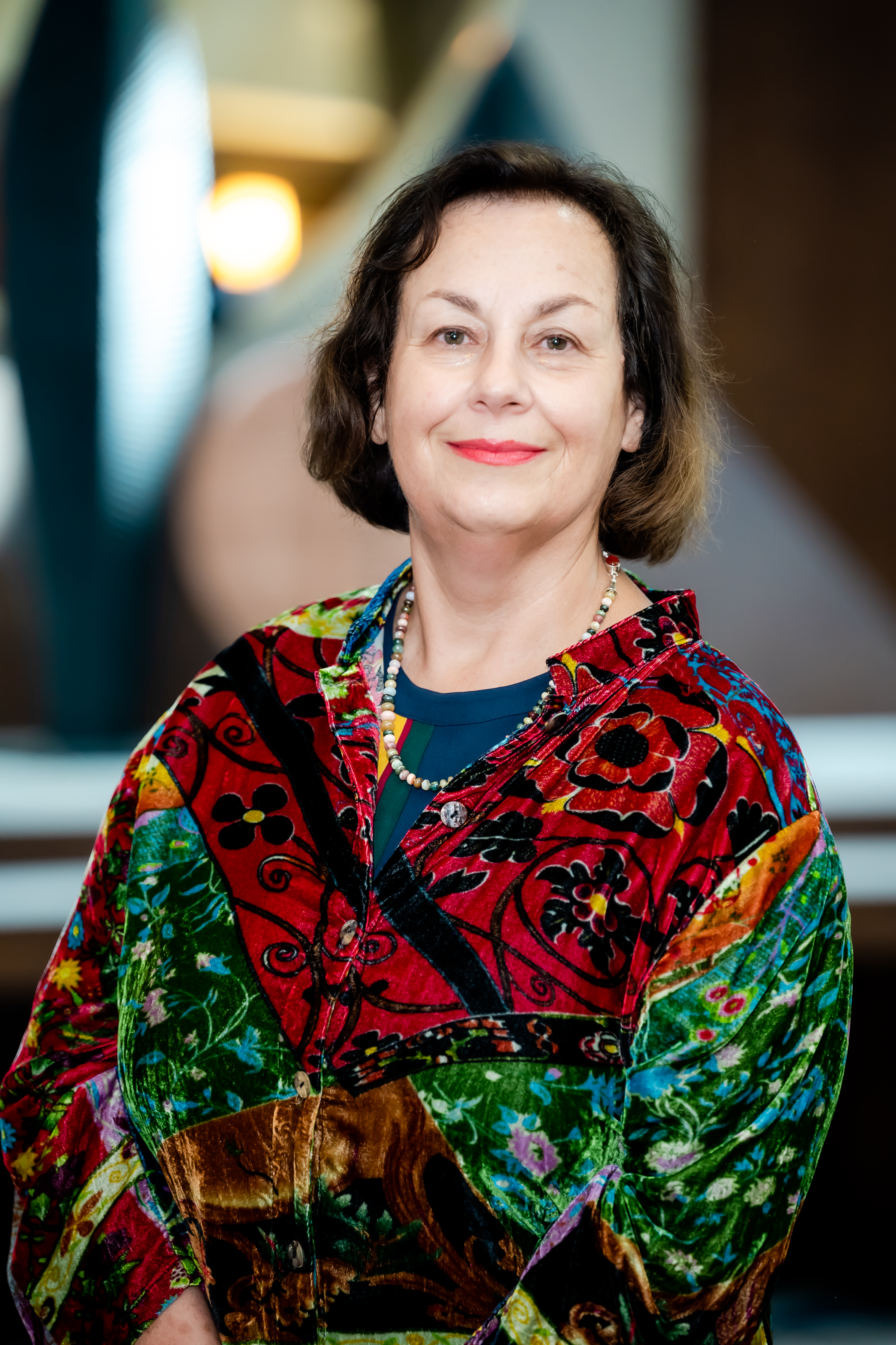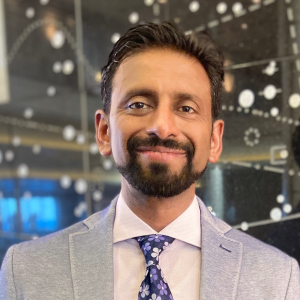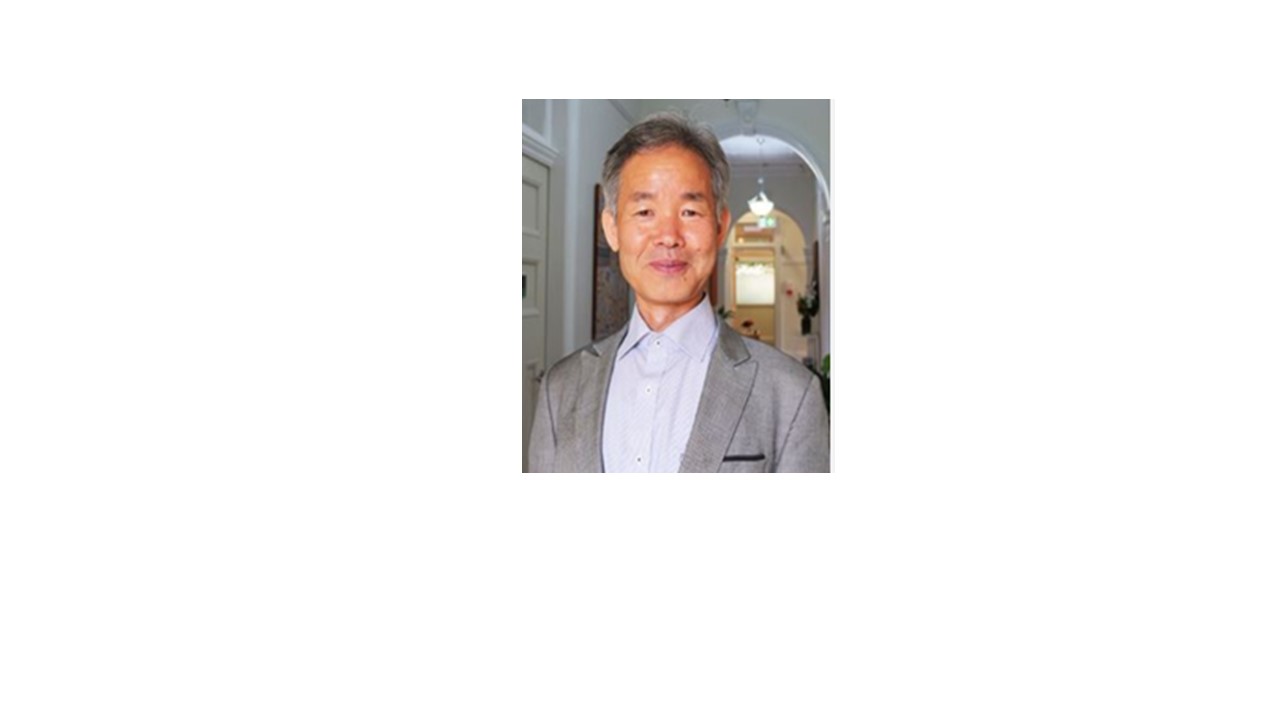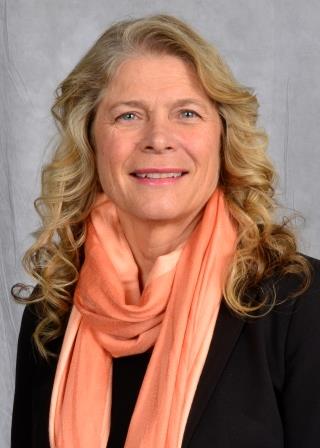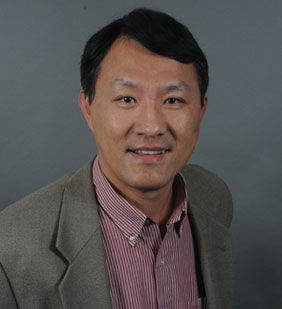Planning Committee
Scientific Review Committee
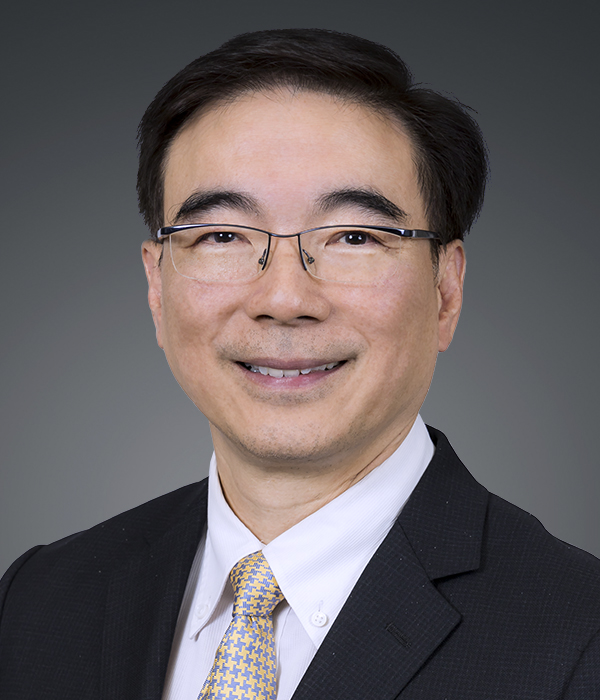
Committee Co-Chair
School of Nursing and Health Sciences Hong Kong Metropolitan University
Peter Wayne
Peter Wayne, PhD, is a researcher and practitioner of integrative and mind-body therapies. He is the Bernard Osher Associate Professor of Medicine in the Field of Complementary and Integrative Medical Therapies at Harvard Medical School (HMS), and Director of the Osher Center for Integrative Health. He also directs the Mind-Body-Movement Laboratory and is Associate Director for the NIH-funded Research Fellowship in Integrative Medicine. Dr. Wayne's research evaluates how mind-body and related therapies clinically impact aging and chronic health conditions, as well as the physiological and psychological mechanisms underlying observed therapeutic effects. He has served as a principal or co-investigator on more than 35 NIH-funded studies and has authored more than 200 peer-reviewed articles. Dr. Wayne has more than 45 years of training experience in Tai Chi/Qigong, and is an internationally recognized teacher of these practices.Gloria Yeh
Dr. Yeh is Associate Professor of Medicine at Harvard Medical School (HMS), Director of Clinical Research at the Harvard Osher Center for Integrative Medicine, and Director of the HMS Post-Doctoral Research Fellowship in Integrative Medicine. She also directs a mind-body research program in the Division of General Medicine at Beth Israel Deaconess Medical Center. As an internationally recognized leader in the field, she has served as PI or co-investigator on dozens of NIH-funded trials of Tai Chi and related mind-body therapies with expertise in clinical trial methodology, including intervention development and adaptation for complex chronic disease, psychosocial and physiological outcome measurement, and mixed quantitative and qualitative methods. Her research has focused on the intersection of mindfulness and movement, with a specific interest in the role of mind-body therapies in promoting physical activity, and the impact of mind-body exercise on cardiopulmonary physiology and risk of cardiovascular disease.Andrew Ahn
I am a physician-scientist with a background in physics/engineering, physiological signal analyses, digital health, and integrative medicine. I lead the High-Tech/Soft-Touch Integration Program at Osher Center for Integrative Health.Helen Lavretsky
Helen Lavretsky, MD, MS is a Professor In-Residence in the Department of Psychiatry at the UCLA and a geriatric integrative psychiatrist with the federally-funded research program in integrative mental health using mind-body therapies. She is a recipient of the Career Development awards from NIMH/NIH and the NCCIH/NIH, and other prestigious research awards. Her current research studies include investigations of novel therapeutic options for mood and cognitive disorders in older adults, and Long-COVID. She is the Distinguished Life Fellow of the American Psychiatric Association, the American Association for Geriatric Psychiatry, and the Fellow of the American College of Neuropsychopharmacology, American College of Psychiatrists, and the recipient of the Distinguished Investigator awards for research from the American College of Psychiatrists and the American Association for Geriatric Psychiatry, and the Jack Weinberg Award for Geriatric Psychiatry from the APA. She is the Director of Research for the UCLA Integrative Medicine Collaborative and the Integrative Psychiatry program. She is an immediate past-President of the American Association for Geriatric Psychiatry. She serves on the Advisory Research Council to the National Center for Complementary and Integrative Health. Dr. Lavretsky iahs served as a speaker or a consultant to many major health professional and consumer organizations nationally and around the worldincluding the American Heart Association, AARP, the National Council on Mental Wellbeing, Alzheimers Association, and others.Brad Manor
Dr. Brad Manor is the Director of the Mobility and Falls Research Center at the Hinda and Arthur Marcus Institute for Aging Research at Hebrew SeniorLife. He is also an Associate Professor of Medicine at Harvard Medical School and the Beth Israel Deaconess Medical Center. Dr. Manors research goal is to alleviate the burden of balance decline that often accompanies biological aging into senescence. He works to achieve this goal by identifying links between brain function, balance, and falls in older adults, and designing interventions to improve balance by optimizing brain function and exploiting its adaptive properties.Darshan Mehta
Darshan Mehta, MD, MPH, is an Assistant Professor in Medicine and Psychiatry at Harvard Medical School. He is the Medical Director of the Benson-Henry Institute for Mind Body Medicine at MGH, Director of the Office for Well-Being with the Center for Faculty Development at MGH, and the Medical and Education Director for the Osher Center at Brigham & Womens Hospital and Harvard Medical School, In addition, he is the MGH site director for the Practice of Medicine curriculum required of all 1st-year Harvard Medical School students. His educational and research interests include curricular development in integrative medical therapies, mind/body educational interventions in health professions training, and the promotion of professionalism in medical trainees.Dr. Mehta received his BA in Biology from Illinois Wesleyan University and an MD from the University of Texas-Southwestern Medical School. He completed his residency in internal medicine at the University of Illinois-Chicago Hospital. He completed a clinical research fellowship in complementary and integrative medicine at the Harvard Medical School Osher Research Center, during which he received a Master of Public Health degree from the Harvard School of Public Health. He is board-certified in Integrative Medicine and has done professional training in mindfulness-based stress reduction.
Byeongsang Oh
Dr. Byeongsang Oh is a Professor at the University of Sydney Medical School and a Visiting Professor at D'Youville University in New York, USA. He also serves as President of the Medical Tai Chi Qigong Association (iMTQA) in the USA. With extensive research and clinical experience at the Dana-Farber Cancer Institute and Harvard Medical School, Dr. Oh is a leading expert in integrative oncology, specializing in evidence-based complementary and lifestyle medicine. His work focuses on Medical Tai Chi/Qigong mind-body practices and lifestyle medicine, with a particular interest in the gut microbiome's role in health. Currently, Dr. Oh is actively involved in collaborative integrative oncology research with Harvard Medical School and Yale University.Ruth Taylor-Piliae
Ruth Taylor-Piliae, PhD, RN, FAHA, FAAN is a Professor and the Interim PhD Program Director in the College of Nursing at the University of Arizona. She is recognized internationally as a nurse scientist and mind-body exercise interventionist, with training in cardiovascular epidemiology and clinical trials. Her research is focused on integrative physical activity interventions for older adults, advancing cardiovascular health through Tai Chi and technology. She has over 90 peer-reviewed manuscripts published in top-tiered journals both within nursing and inter-professional journals, and is highly cited (citations>5600, h-index=38, i10-index=65). She has mentored over 60 doctoral students, along with junior faculty members from nursing, medicine, bio-medical engineering, and pharmacy. Dr. Taylor-Piliae received her B.S.N. from California State University Fresno, her M.N. from the Chinese University of Hong Kong, and her Ph.D. from the University of California San Francisco. She completed a 2-year post-doctoral fellowship in cardiovascular epidemiology and prevention at Stanford University.Tongjian You
Dr. Tongjian You is a Professor of Exercise and Health Sciences in the Manning College of Nursing and Health Sciences, University of Massachusetts Boston. He received his PhD in Exercise Physiology from University of North Carolina at Greensboro and completed his postdoctoral training in Gerontology and Geriatric Medicine at Wake Forest University School of Medicine. His current research program focuses on the effects of mind-body exercise on chronic pain and falls in older adults.William Tsang
William is an esteemed physiotherapist with extensive clinical experience across various sectors, specializing in geriatric physiotherapy. Before joining Hong Kong Metropolitan University as a faculty member, he was the Associate Head and Associate Professor in the Department of Rehabilitation Sciences at The Hong Kong Polytechnic University.Currently, William serves as the Associate Dean (Development and Strategic Relationships) in the School of Nursing and Health Sciences, Hong Kong Metropolitan University.
Renowned for his postural control and preventative exercise research, William has made significant contributions to the scientific understanding of Tai Chi, Qigong, and Western exercises like golf. His numerous publications highlight the importance of exercise in enhancing postural and balance control for older adults, stroke survivors, and cancer patients. Additionally, he has researched fall prevention programs for individuals with mild cognitive impairment. His recent research interest focuses on gerontechnology.


